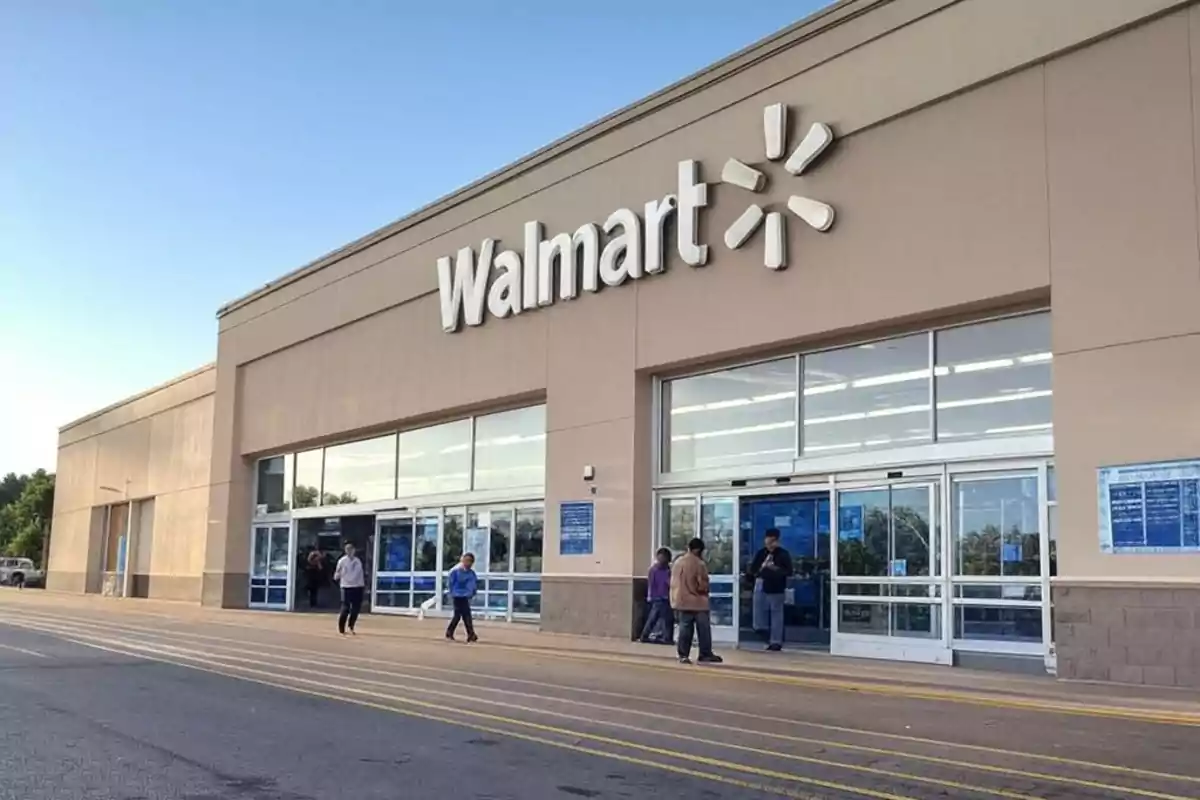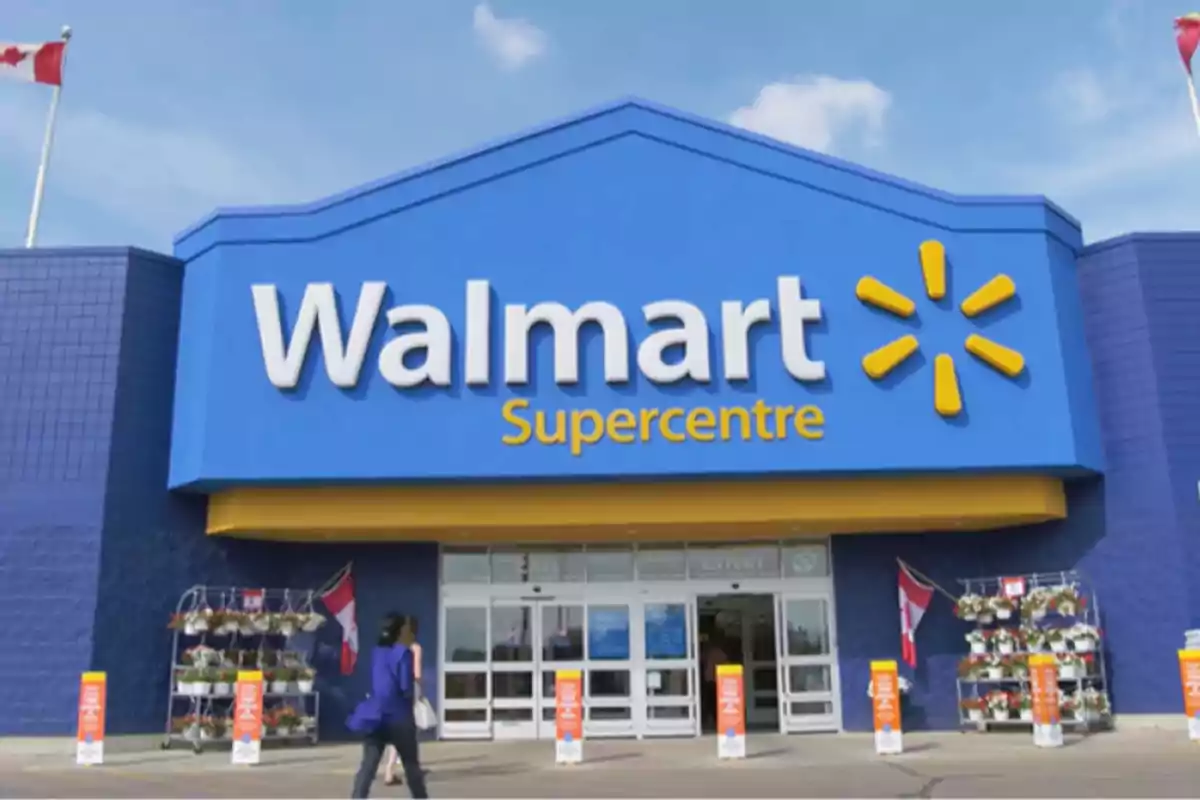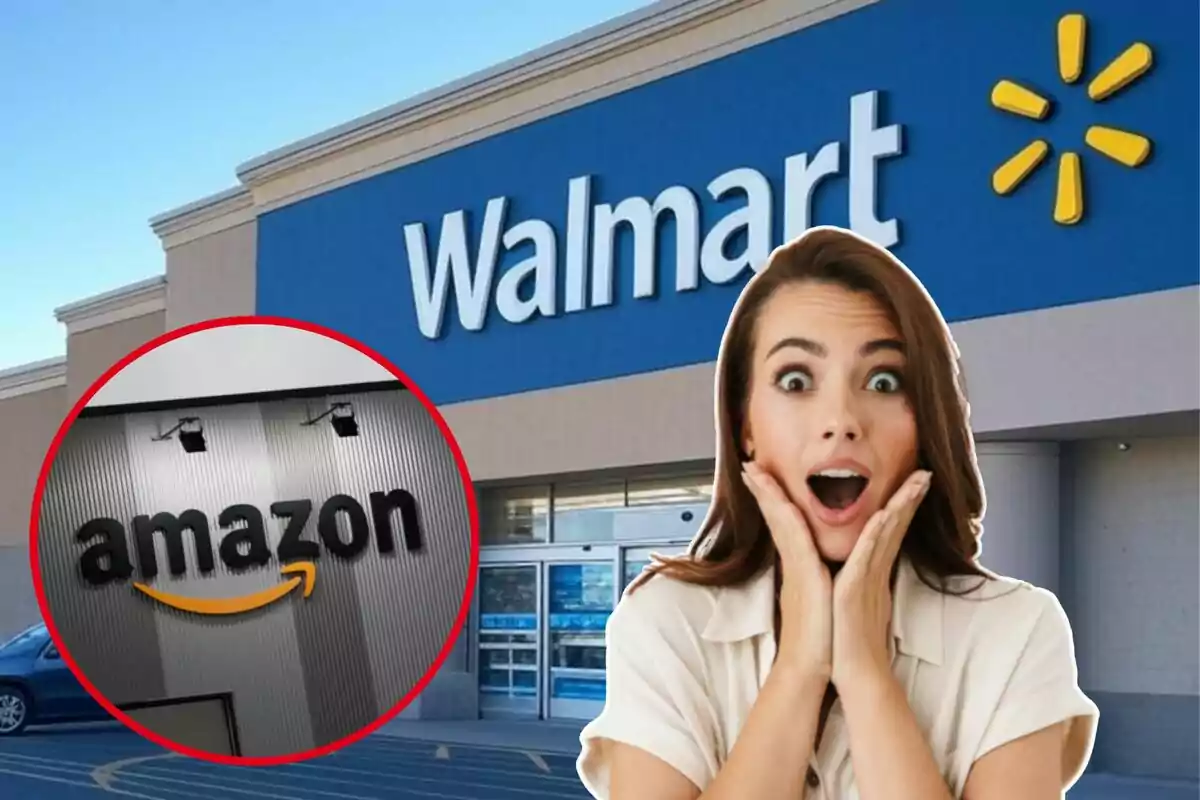In recent years, online commerce has transformed the way major retail chains operate. Walmart, one of the most iconic retail companies, has begun to adopt a strategy that, although it seems like a gesture of generosity, responds to a more calculated plan. This new policy has taken many shoppers by surprise, who now find themselves with options they never imagined before.
This strategy, which has also been implemented at Amazon, allows customers to receive a full refund without needing to return the item. Although at first glance this may seem like an act of goodwill, behind this practice lies a business strategy aimed at optimizing costs and generating loyalty among consumers.

A Change in the Way Returns Are Handled
The traditional return system, which requires the customer to return the product before receiving their refund, is becoming a thing of the past. Major retailers like Walmart and Amazon have begun to offer full refunds without requiring the customer to return the item, especially when it comes to low-cost products. This happens with products whose return is costly or complicated, such as certain low-value items or those that can't be easily resold.
The reason behind this decision is not altruistic but economic. Processing a return involves costs for the retailer: from shipping back to inspecting the item and its possible reconditioning for resale.
If the item costs less than 20 dollars, this whole process can be more expensive than the product itself, according to Tododisca. For example, a simple 15-dollar t-jersey doesn't justify the costs of its return, making the option of not requiring the return a much more profitable solution.

More Than a Logistical Strategy: Building Trust
Although this policy reduces operational costs, its most important impact is on the customer relationship. For companies, resolving a complaint quickly and without complications reinforces consumer trust. If a customer feels that their issue has been solved efficiently, they are much more likely to return to shop again.
This model began to be implemented at Amazon in August 2024, where sellers can apply it to products whose value doesn't exceed 75 dollars. Walmart has adopted the same measure, mainly for products sold in its online marketplace. Other major retailers like Target and Shein have also adopted this practice, which extends even to international products.
Retailers offer this benefit selectively, evaluating on a case-by-case basis. If a customer abuses the system, the platforms can block their account, which helps prevent fraud. In fact, some companies, like Chewy, encourage users to donate unwanted products to charitable organizations, turning a business strategy into a socially responsible act.

